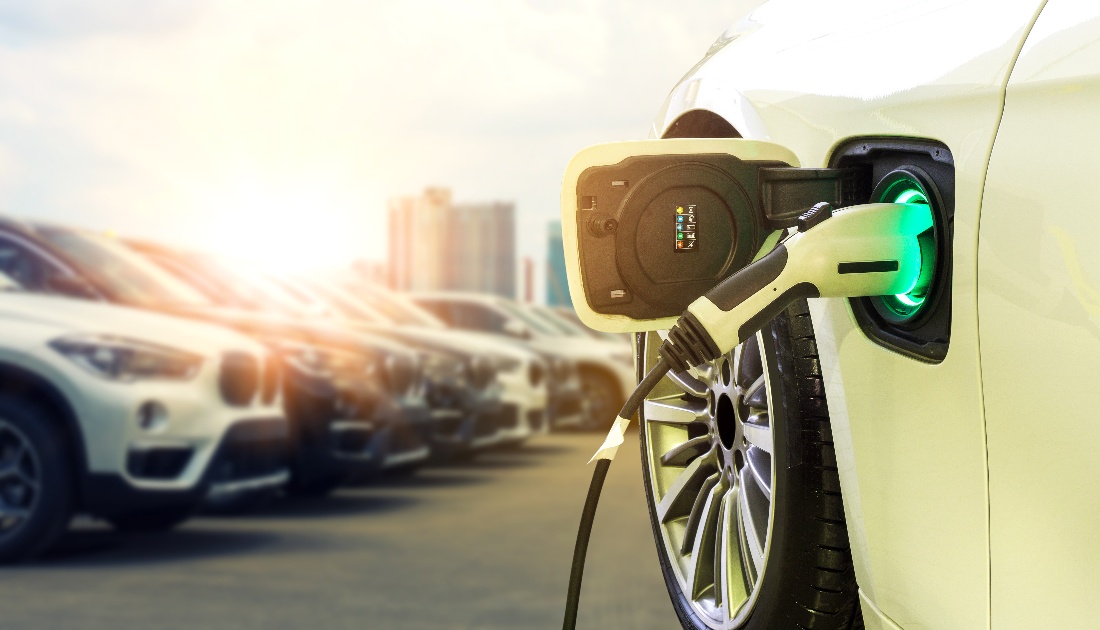
The automotive industry is evolving each day as it continues to incorporate technology. The rising attention electric vehicles are seeing in the country has caused fleet owners to consider a switch from the conventional internal combustion engine, ICE cars.
If you're one of them, here are 5 things to help you understand whether EVs are right for your business.
Types of Electric Vehicles
There are four types of EVs that you need to recognize before making an informed decision. They are:
- Battery electric vehicles, BEV - They are fully electric with rechargeable batteries and have no gasoline engine. Examples are the Tesla Model 3, Chevrolet Spark, and Toyota RAV4 among others.
- Hybrid electric vehicles, HEVs – These vehicles get their power from both gasoline and electricity. They also employ regenerative braking to provide power to their engines. Some examples are the Toyota Prius Hybrid and Honda Civic Hybrid.
- Plug-in hybrids, PHEVs - They share similarities with HEVs, but the main difference is that they recharge through plugging in, and they fully run on batteries. An example is the Chevy Volt.
- Fuel Cell electric vehicles, FCEVs – These are 100% electric in that electricity is what powers their electric motors. The electricity comes from combining oxygen with hydrogen. A Hyundai Tucson FCEV is an example of this type.
Cost-Saving Opportunity with Electric Vehicles
Though the initial cost (purchase price) of electric vehicles is quite high, the operational and maintenance costs are significantly lower. Electric prices are a lot less than those of gasoline. Plus, they do not fluctuate as much, hence reducing your fleet fuel costs considerably. It makes them energy efficient.
EVs require little to no maintenance because they have fewer moving parts. For instance, what moves in an EV's battery is only one component, the electric motor. Generally, there are about 20 moving parts in electric vehicles, whereas ICE vehicles have more than 2000. With fewer parts, there's less to repair in electric vehicles, which allows your fleet to run efficiently without frequent servicing.
Charging Station Infrastructure is a Necessity
Electric vehicles require charging after a while depending on their type, car model, vehicle use, battery type, and mileage covered. As a fleet owner, you need to have charging station infrastructure on location.
If your state has several charging stations along the main routes, then range anxiety (fear of how far the EV can be driven before running out of charge and not being able to recharge) is minimized, as it will not affect your drivers.
EVs Are Good For the Environment
EVs are environmentally friendly and readily comply with environmental regulations in the country. They do not have direct or tailpipe emissions, unlike the traditional vehicles that release air pollutants and greenhouse gases that cause smog, health problems, and climate change.
Since EVs utilize electricity, they are better at conserving Mother Nature. They do not rely on fossil fuels that are almost running out and whose production, processing, use, and even disposal, lead to life cycle emissions that pollute the atmosphere.
Vehicle Safety
Electric vehicles are way safer than their traditional counterparts, as they use lithium batteries that are not as flammable as gasoline. Their lightweight is another advantage given that they will not easily rollover in the event of a collision.
Key Take Away
Electric vehicles are no doubt all the rage across the country and may, ultimately phase out the fuel-powered cars. They can boost your business by saving you operational and monthly costs while streamlining your fleet management.
Their eco-friendly aspect is in line with what the government is keen on enforcing. There's no better time to grab technology like now to maintain a sustainable and healthy environment for future generations. Contact us to learn more about electric vehicles.







